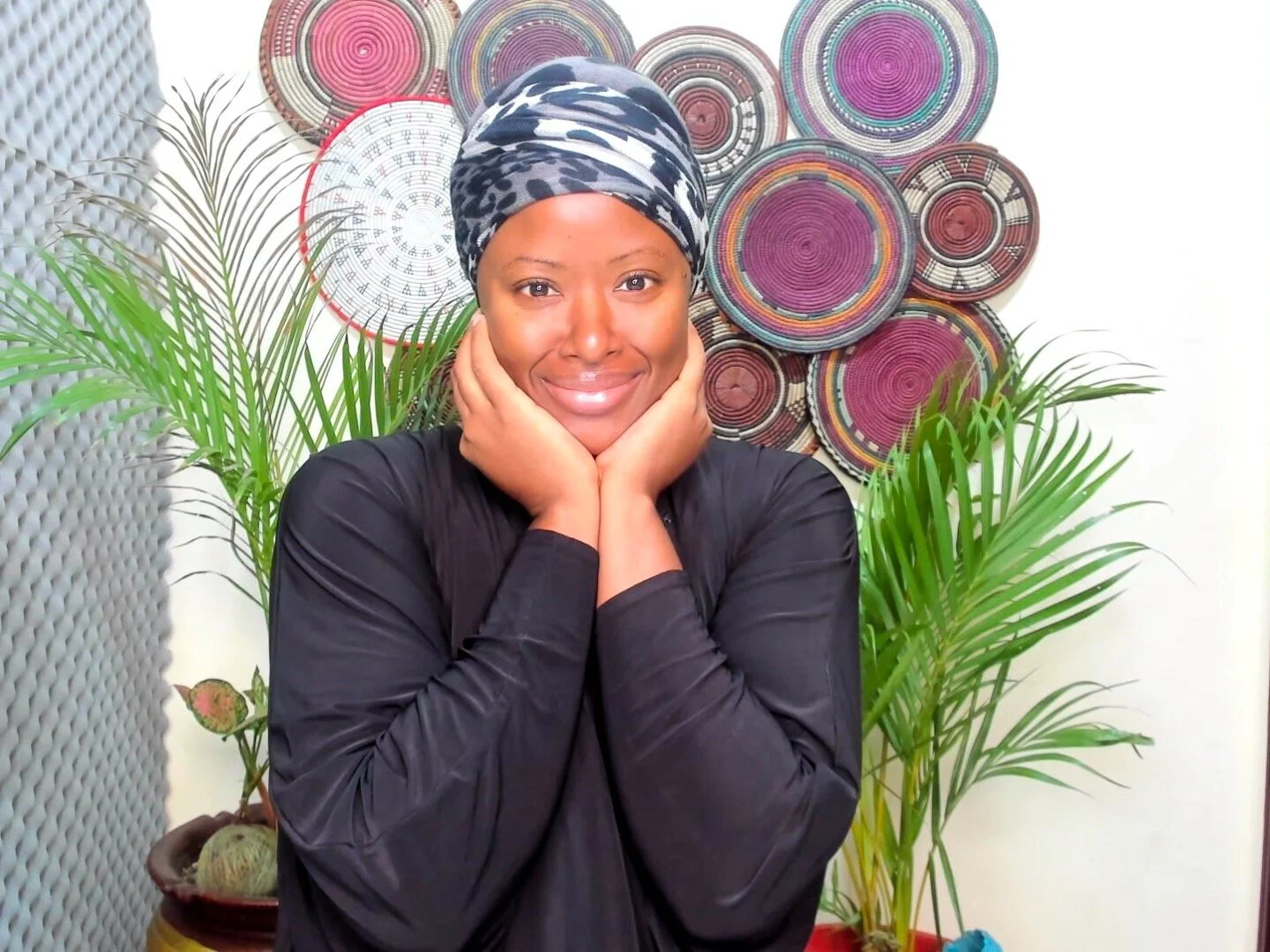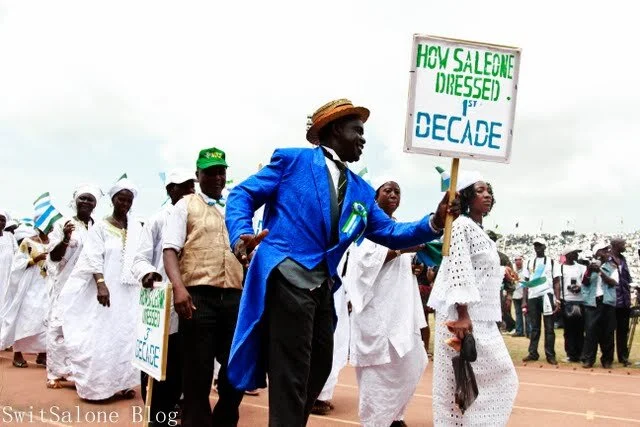Growing up in America: The African Books That Saved and Shaped My Identity
After my first 4 years in America, my sense of self was deeply malnourished by US news and media depictions of Africa.
By the time I got to college, I was starving for representation of the kind of Africa I had left in Sierra Leone. I don't remember who introduced it to me, but I was on campus, and it was Freshman year when I borrowed Wole Soyinka’s Ake The Years of Childhood from Magill Library. It changed my life.
Ake showed me everyday African life and people as I had remembered. For the first time since leaving Sierra Leone at age 12, I found in that book a reflection of the African childhood that US media portrayals had weathered away. In the news and on TV shows, whenever Africa came up, it was the "Dark Continent" trope.
Once I finished Ake, I devoured everything Haverford College had that was written by the greats. When it wasn't available in our Library, I borrowed from Penn. Thankfully, I could read both in French and in English.
My favorite books from that period include L' Aventure Ambigue, So Long A Letter, Weep Not Child, Ville Cruelle, Une Vie De Boy, L' Enfant Noir, Le Mandat, L'Etrange Destin de Wangrin, anything Chinua Achebe from Things Fall Apart, No Longer At Ease, to A Man of The People, I read The Joys of Motherhood and The Bride Price.
I read, and I read, and I read. Throughout college, I had a strict "if an African didn't write it, I'm not reading it” (of course, this was only for my own leisure, not my coursework, if I had extended that rule to my coursework, I would have never graduated). It wasn't that I didn't want other stories but what I needed was stories about my own people to nourish and protect me against the one-sidedness of Africa in the American lens.
When I left college, books were still my companion. They continued to fortify and offer me a door of return. From Sierra Leone, I waited with bated breath for each Aminata Forna release. I championed Ishmael Beah's A Long Way Gone in the community. The books I read always showed African lives with depth and nuance.
I never imagined that I would ever write African stories back then. Still, I hope that my books will offer young readers a reflection of themselves and their home.
On this World Book Day, I appreciate all the African authors (especially Wole Soyinka) whose book Ake The Years of Childhood fed my African spirit when I needed it most.
My first book Adama Loves Akara, is now an ebook. My second book, A print for Ami, will be released on June 16, 2021. I have begun work on my third book, A is for Akara, an alphabet book to decolonize the English alphabet for Sierra Leonean children. In the Sierra Leone alphabet, A is for akara, C is for cassava, F for fufu, and I for Imam.
I don't know how many books I will write or whether I will stick to children's readers, but whatever I do will be on African life.
I leave you these words from Chinua Achebe in response to critics on writing in the "colonizer's language" as it resonates deeply with me.
"I feel that the English language will be able to carry the weight of my African experience. But it will have to be a new English, still in full communion with its ancestral home but altered to suit its new African surroundings."






